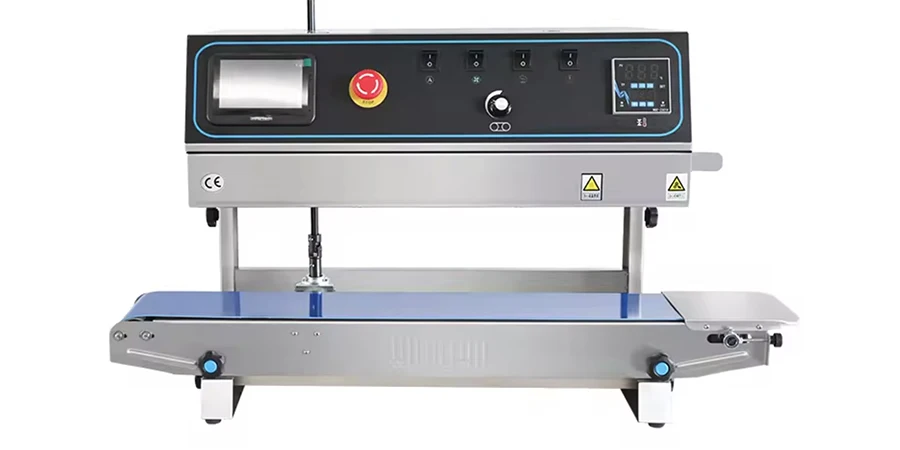In the world of packaging, heat sealers are indispensable tools. They provide secure, airtight seals, ensuring product integrity and extending shelf life. This comprehensive guide will explore what heat sealers are, how they work, their usage, costs, and the top models available in the market.
Table of Contents:
1. What is a heat sealer?
2. How do heat sealers work?
3. How to use a heat sealer
4. How much does a heat sealer cost?
5. Top heat sealers
What is a heat sealer?
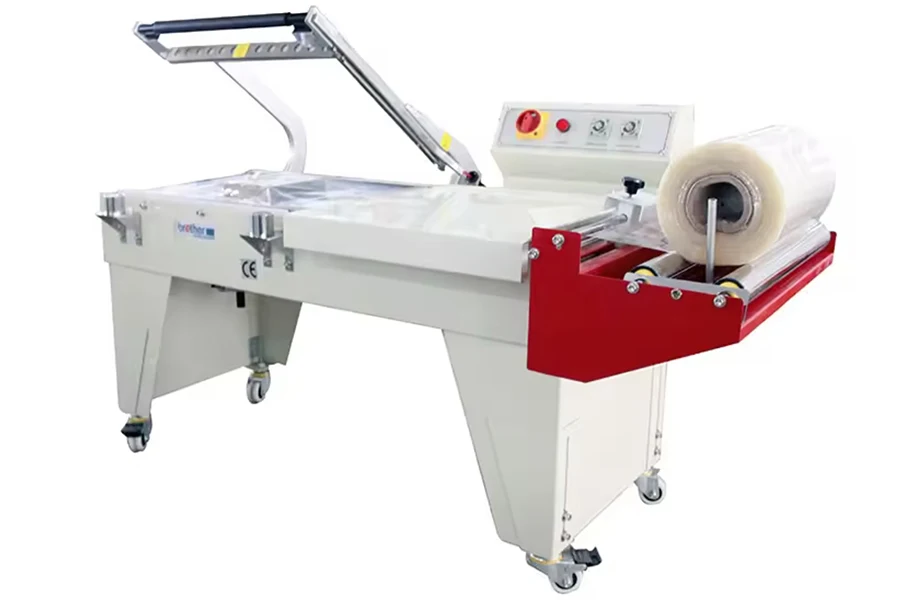
Heat sealers, also known as heat sealing machines, are essential tools in the packaging industry. These devices are designed to seal products, packaging, and other thermoplastic materials using heat. The primary purpose of a heat sealer is to create a secure and airtight seal that protects the contents from contamination, moisture, and other environmental factors.
There are various types of heat sealers available, including impulse sealers, direct heat sealers, continuous band sealers, and vacuum sealers. Each type has its unique applications and advantages, making them suitable for different packaging needs. Impulse sealers, for instance, are widely used for sealing bags and pouches, while direct heat sealers are ideal for thicker materials.
The versatility of heat sealers extends beyond the packaging industry. They are also used in medical, electronics, and food industries, ensuring that products are safely enclosed and preserved. This adaptability makes heat sealers a vital component in various industrial applications.
How do heat sealers work?
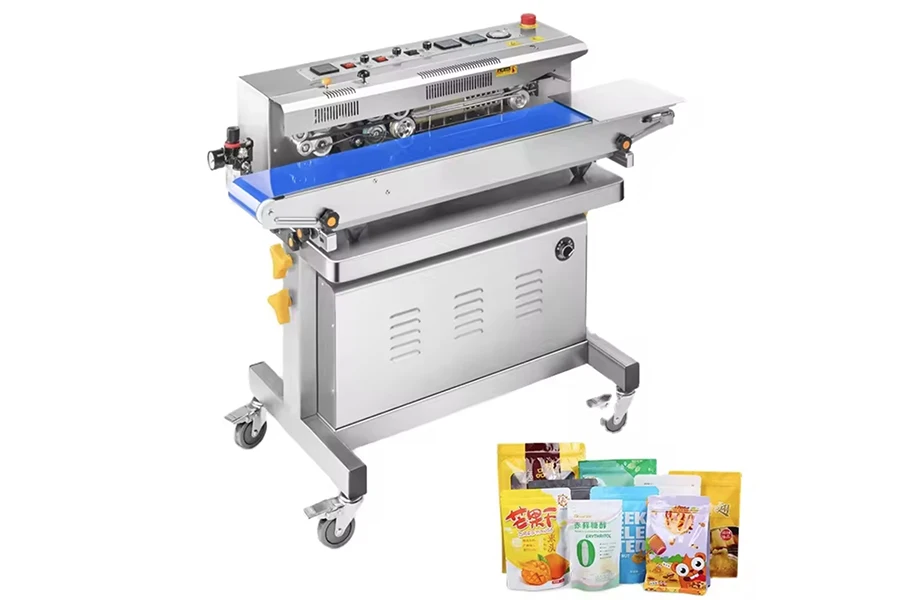
Heat sealers operate on the principle of heat transfer. The basic mechanism involves applying heat to the materials to be sealed, causing them to melt and fuse together. The type of heat and the duration of application vary depending on the material and the type of heat sealer used.
Impulse sealers, for example, use a short burst of electricity to heat the sealing element. The material to be sealed is placed between the sealing bars, and when the machine is activated, a short pulse of heat is delivered. This melts the material, and once the heat is removed, the material cools and solidifies, creating a strong seal. The advantage of impulse sealers is their energy efficiency, as they only heat up during the sealing process.
Direct heat sealers, on the other hand, maintain a constant temperature. These machines are equipped with heated bars that apply continuous heat to the material. This method is effective for sealing thicker or more durable materials, as the constant heat ensures a robust seal. Continuous band sealers and vacuum sealers work similarly but are designed for high-speed, automated sealing processes, often used in mass production environments.
How to use a heat sealer
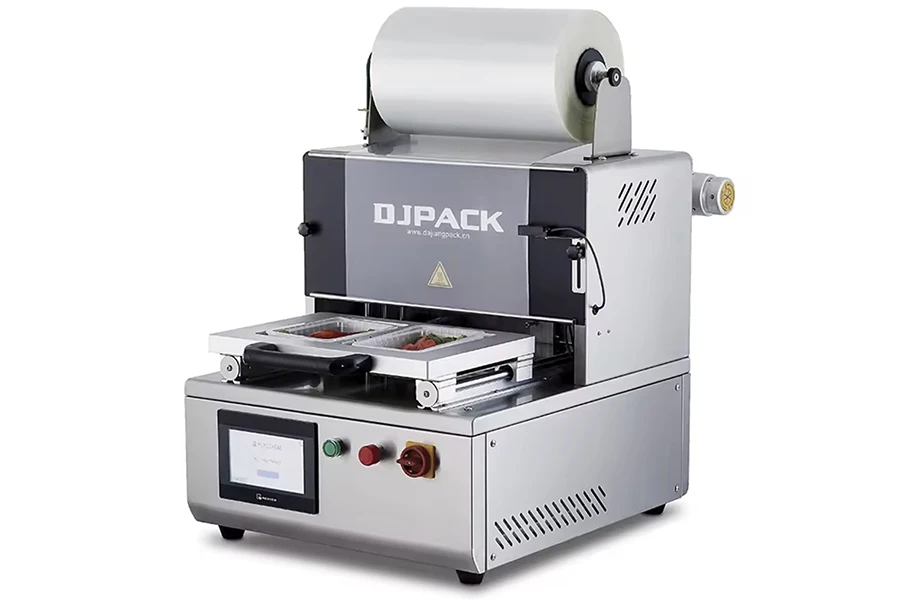
Using a heat sealer involves several steps to ensure an effective seal. First, select the appropriate type of sealer for your material. Impulse sealers are generally used for lighter materials like polyethylene and polypropylene, while direct heat sealers are suitable for thicker materials like foil or coated films.
Next, prepare the material to be sealed. Ensure that the edges to be sealed are clean and free from contaminants. This is crucial for achieving a strong, airtight seal. Place the material between the sealing bars of the heat sealer. For impulse sealers, adjust the timer to the appropriate setting based on the thickness of the material. For direct heat sealers, set the temperature according to the material’s requirements.
Activate the heat sealer to initiate the sealing process. With impulse sealers, you will notice a brief burst of heat followed by cooling. Ensure that you do not open the sealer too quickly to allow the seal to set properly. For direct heat sealers, maintain a steady pressure until the seal is complete. After sealing, inspect the seal for any weaknesses or incomplete fusion. A proper seal should be uniform and without gaps.
How much does a heat sealer cost?
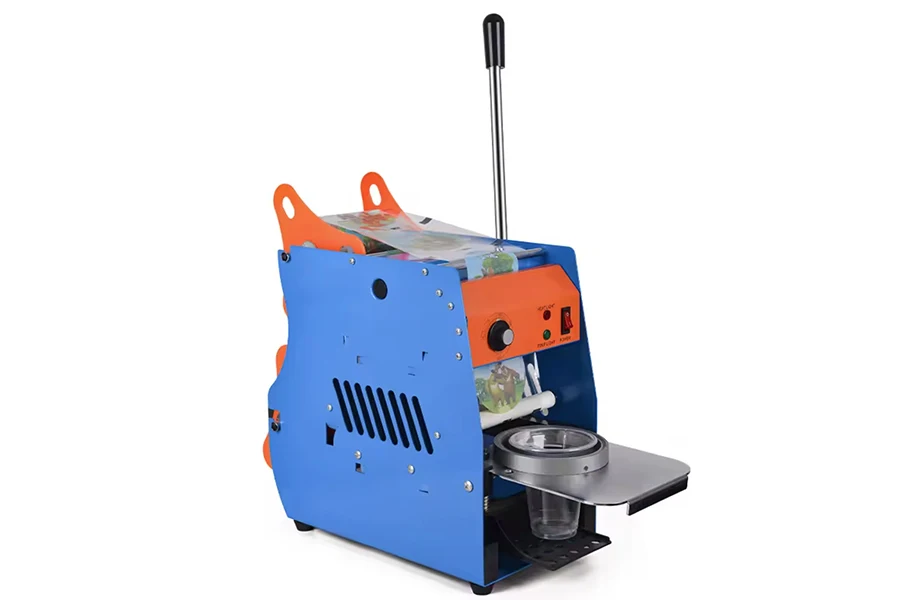
The cost of a heat sealer varies significantly depending on the type, size, and features of the machine. Basic handheld impulse sealers can start as low as $20 to $50, making them affordable for small-scale operations or personal use. These models are typically used for sealing small bags and pouches in low-volume settings.
For more robust applications, tabletop impulse sealers range from $100 to $500. These machines offer greater sealing capacity and durability, suitable for moderate to high-volume packaging needs. Direct heat sealers, designed for heavier-duty applications, can cost between $300 and $1,000, depending on their size and temperature control features.
Industrial-grade continuous band sealers and vacuum sealers are on the higher end of the spectrum, with prices ranging from $1,000 to $10,000 or more. These machines are built for high-speed, automated production lines and offer advanced features such as adjustable conveyor speeds, precise temperature controls, and vacuum sealing capabilities. The investment in these machines is justified by their efficiency and productivity in large-scale operations.
Top heat sealers
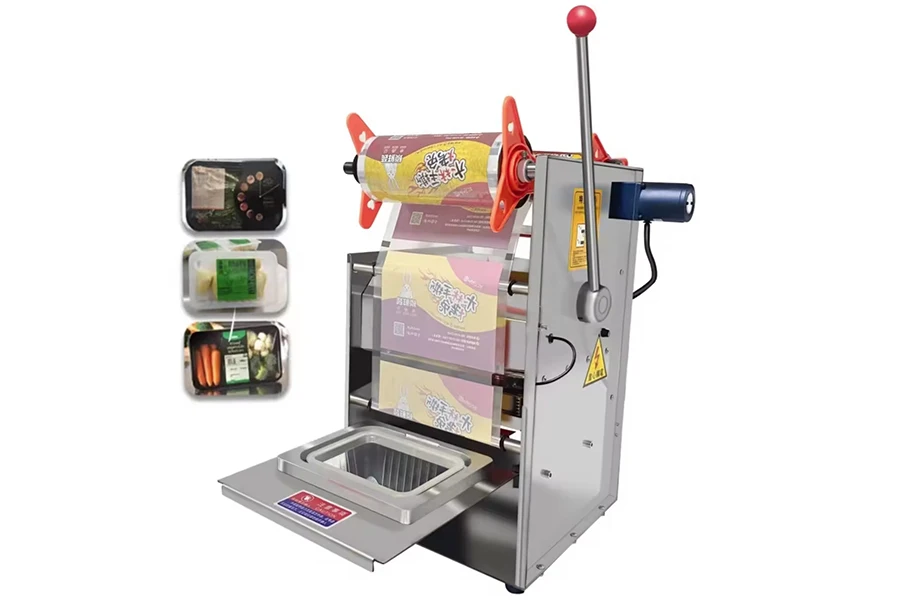
Choosing the right heat sealer depends on your specific needs and the volume of packaging you handle. Here are some top models in different categories:
1. Impulse Sealers: The Metronic 8-inch Impulse Sealer is highly rated for its ease of use and reliable performance. It’s perfect for small businesses and personal use. The AIE-305HD offers heavy-duty sealing with a 5mm seal width, suitable for thicker materials.
2. Direct Heat Sealers: The KF-150CST is a popular choice for its consistent temperature control and versatility in sealing various materials. The Sealer Sales KF-200CS offers an extended sealing length, ideal for larger packages.
3. Continuous Band Sealers: The FR-900 is a robust machine known for its speed and efficiency in high-volume sealing. The Dobetter FR-770 is another excellent choice, featuring adjustable conveyor height and temperature control for precise sealing.
4. Vacuum Sealers: The FoodSaver V4840 is a top pick for home use, offering both vacuum and heat sealing functions. For industrial applications, the VacMaster VP215 provides powerful vacuum sealing with durable construction and reliable performance.
Conclusion
Heat sealers are vital tools in various industries, providing secure and reliable packaging solutions. Understanding their functionality, usage, and cost can help you choose the right model for your needs. Whether for small-scale operations or industrial production, investing in a quality heat sealer ensures product integrity and extends shelf life, making it a valuable addition to your packaging toolkit.
